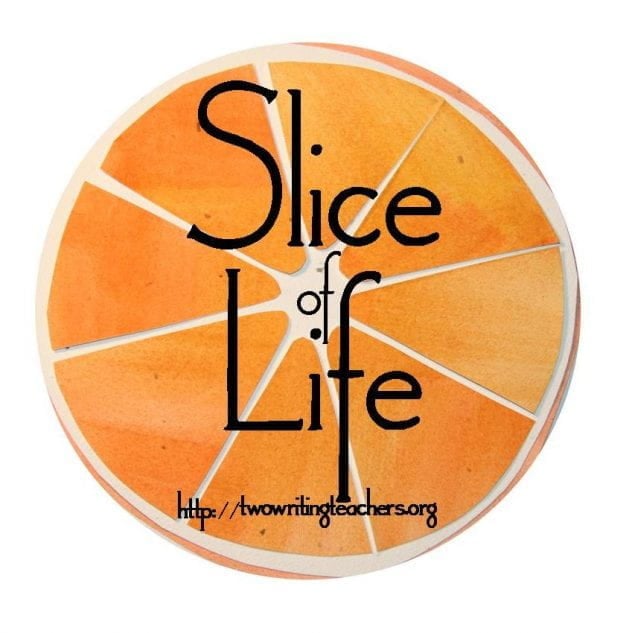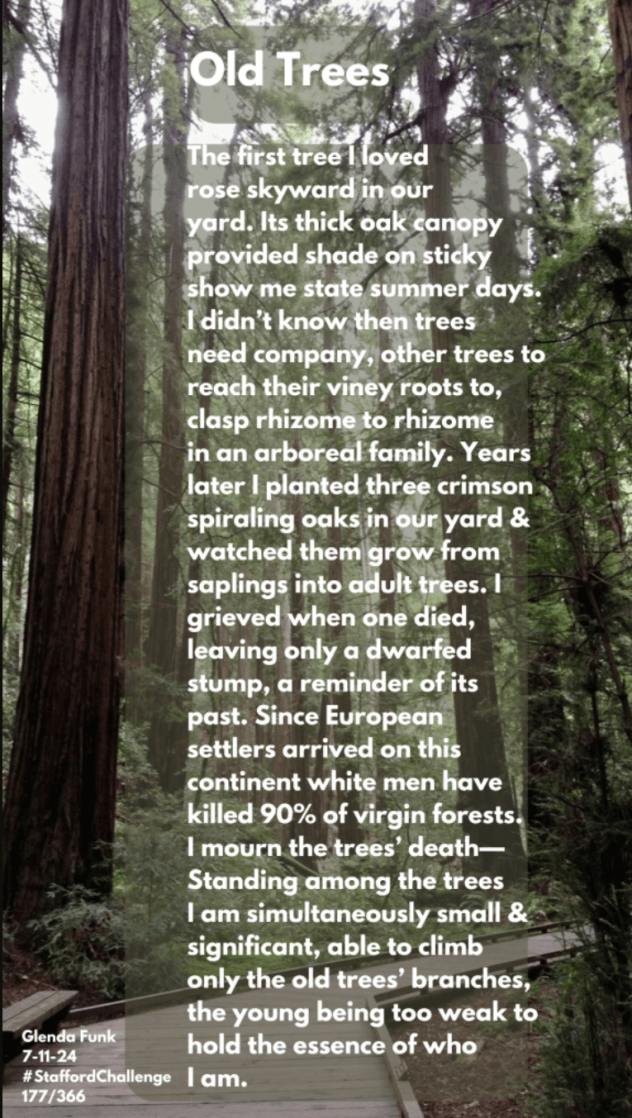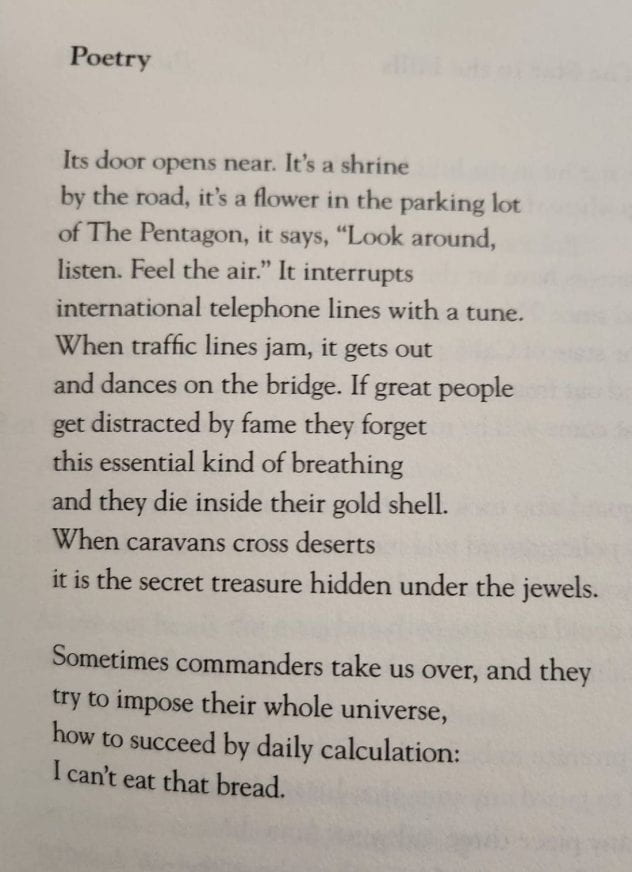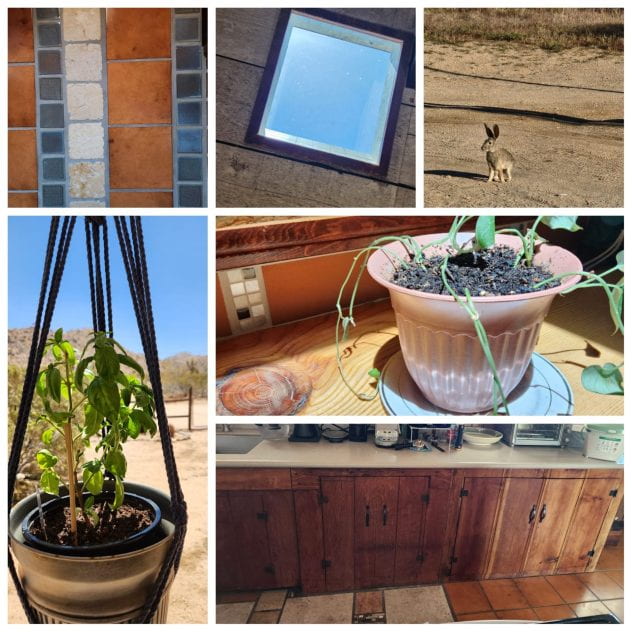Today is Poetry Friday. Marcie Flinchum Atkins is hosting today at her blog. Fun fact: I just got Marcie’s poem swap in today’s mail! So fun! Thanks, Marcie.
I created a small classified creation with the Poetry Sisters today. Thanks, Sisters. Read more about it here.
Needed:
Dystopia removal, for
Hope’s on the horizon
Contagious laughter
Joyful, honest, free to be
We’re not going back

It’s been quite a week, hasn’t it? (Recently I saw on Instagram, “July has been the longest year.”)
A couple of the Open Write poems I wrote this week reflected the news.
Saturday, July 20, Septercet with Denise Krebs
Pink sky dawn, chirping begins
Reptiles warm, newly alive
emerge from their winter cold
Hope in this new day will stay
fragile family bowknot–
ties up love like rose-tinged clouds
Queue up the next crescendo
dulcet and devout playing
on this blooming day in May
Life is a bouquet of kin
to fragrance and keep the soul
Sunday, July 21, They Paved Paradise with Jennifer Guyor Jowett
We Depend on Hope
Tiny, critically endangered Hope
has reached a 25-year high. This
number marks the highest spring
count for Hope in more than two
decades. Above-water surveys
carefully monitor Hope’s population.
Though Hope has fluctuated
dangerously in the past,
Hope is a marvel of adaptation.
Hope has evolved to withstand
the harsh conditions of its
desert habitat. Hope has a
unique metabolic rate
that allows Hope to survive
on minimal food resources. Hope
primarily feeds on the algae
that grow on the shallow rock shelf.
Despite recent success,
Hope remains threatened
by climate change impacts
on the delicate desert ecosystem.
Imperiling Hope further
is the growing human
demand for water. Hope
is an indicator of the health
of the larger ecosystem.
By protecting Hope,
we protect the
entire web of life
that depends on Hope.
I replaced the word pupfish for Hope in this poem, per Mo’s fun prompt. The facts started out to be about the Mojave Desert Devil’s Hole Pupfish; all the other words in my poem were found in the linked article. I wrote this poem on Sunday morning, after first deciding I wanted to use the word Hope and an endangered desert animal. I considered deleting that first fact, though; it just seemed a silly claim that Hope was at a 25-year high. However, that is the nature of Hope–we rejoice in Hope even when there isn’t anything to be hopeful about. By Sunday afternoon, President Biden had decided not to run for reelection, and V.P. Harris was making waves already. Over a hundred million dollars collected in a day and a half. Hope is climbing higher already!
Monday, July 22, X Marks the Spot with Mo Daley
Dear Dr. B,
Each moment
we were wondering,
what’s at stake?
We realize the
President exiting
is remarkably
brave and selfless
of him.
And you, did you know
when you posed for Vogue?
Was the possibility on your mind?
Or did it later become yours?
Thank you, Dr. Jill, for your
total commitment
to community.
You are a unique treasure.
With care,
We the people
———————————————————–
From an X drawn on page 65 of Vogue magazine, August 2024, in the article “Of the People, For the People” about Dr. Jill Biden, By Maya Singer. Words found on the X are in italics in the poem.
Tuesday, July 23, The Important Thing with Gayle Sands
The important thing
about a poem is
that it is healing.
A poem can lift
its voice and shout
for you to do that thing
or it can whisper life into you
in the fourth watch of the night.
A poem comes from
many places—your pen and
that scrap of paper
in your pocket
or from far-flung galaxies.
But the important thing
about a poem is
that it is healing.
Wednesday, July 24, Dodoitsu with Mo Daley
Company came for dinner–
Limeade, green salad, pesto
pasta, broccoli. Surprise
St. Patrick’s green meal









